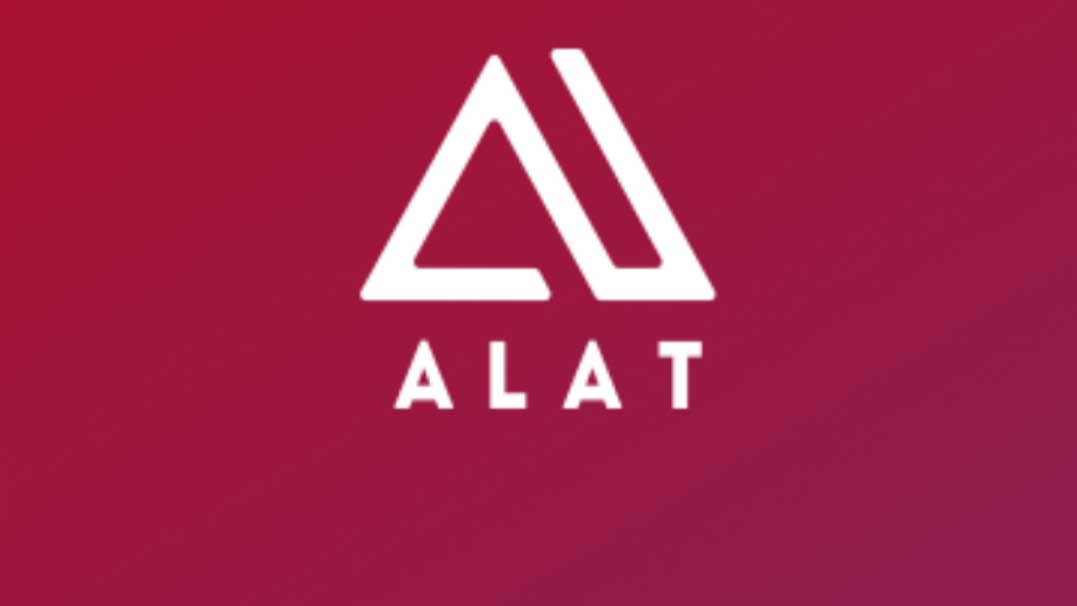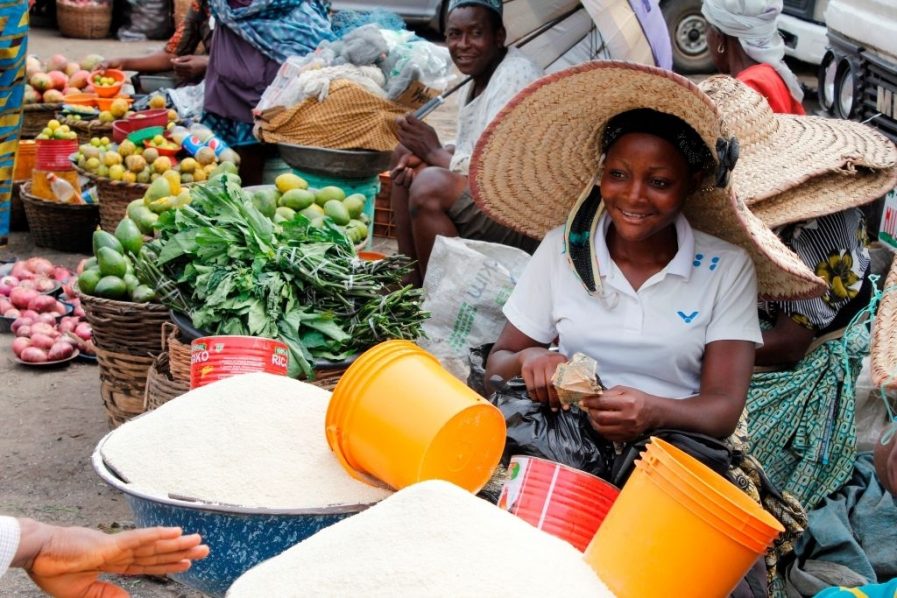
Making big decisions in democracies is hard. You have to deal with all the competing goals and motivations. You have to go through a barrage of processes. You have to play the political game. If you think about the effort that goes into passing a bill such as the petroleum industry bill, or the politics that go into discussing land reform, it is clear reform is no easy task.
Then come the technocrats, the people who we mostly accept are professionals at whatever it is they do or say. They are usually very well educated with lots of experience, and come with a reputation for not being very interested in politics but more concerned with getting things done.
Ordinarily it would be great to have a cabinet filled with such people but then a strange thing always seems to happen. Technocrats come with promises to fix things, and to some extent they do try to fix things. In most cases, however, the things that make the difference are out of their hands but in the hands of the politicians. Politicians hire technocrats to work wonders and “fix things” so they don’t have to make the big decisions. Technocrats try their best to “fix things” while the politicians fail to make the big decisions. Unfortunately, things usually don’t get fixed if the big political decision are not made. The technocrats get blamed for doing shoddy work. A new set of technocrats are drafted in and the cycle continues.
A good example is the problem at the ports. A few weeks ago there was a story in the papers about the headaches exporters faced getting their goods through the ports. Apparently, there are about 16 different agencies all carrying out some statutory function. With that many agencies it is not easy to imagine how difficult getting through all of them would be. It is apparently so difficult that exporters prefer to smuggle their products through Cameroun, Benin Republic, and Ghana, and export from there instead. The technocrats have stepped in, promising to streamline processes, and make the ports function 24 hours a day, and implement electronic systems and so on. All the fancy things you learn from working at KPMG or McKinsey. However, the unfortunate reality is that there will still be 16 different agencies at the ports. Agencies that do not need to be there, and agencies that probably need to be deleted completely. The decision to delete those agencies is not a technocratic one but a political one. If the politicians don’t make that decision, then the headaches will continue.
We see these same problems throughout the economy. The FIRS is working really hard to raise non-oil revenues but the question of tax reform, which is the responsibility of the politicians, is not on the table. The security services are working really hard to secure energy infrastructure in the Niger-Delta but the question of resource control, which is up to the politicians, is not on the table. The anti-corruption agencies are working really hard (are they?) at fighting corruption but the needed structural reforms for these agencies, which is up to the politicians, is not on the table. I could go on and on.
The moral of the story is this: a million technocrats cannot save us if the political decisions are not made and if we do not make the right decisions. I wish the technocrats would explain this from the start.
On the Naira and the DSS
It appears some people at the Central Bank, or the Presidency, are taking the idea of market forces a bit too literally. When we say market forces we do not mean sending troops to the market to force traders to behave in a particular way. This is what appears to have happened last week with the DSS and police strong-arming traders to sell the US Dollar at a CBN approved rate of N400, some N60 short of the previous clearing price. Such actions are usually counter-productive. Nigeria has a foreign exchange supply problem which is largely because of a collapse in confidence. Sending the DSS to force traders to sell scarce foreign exchange at a cheaper rate doesn’t just reduce the supply of foreign exchange, i.e. people willing to sell dollars, it destroys confidence. Most importantly, criminalizing foreign exchange trading means that the new black market will move to traders who are willing to be criminals, and will force buyers, be they manufacturers or travellers, to have to deal with criminals. This is not just some theoretical idea but something that we see happen repeatedly. During periods of fuel scarcity, a crackdown on black market filling stations just means the only people selling fuel will be those on the road side with jerrycans. A crack down on the road-side guys means only the people in nkoros will have fuel to sell.
The crack down on banks meant everyone moved to the BDC’s. The crack down on the BDC’s means everyone will move to the black market. A crack down on the black market means everyone will move to the criminal shady black market. While all this happens, whatever confidence is left gets destroyed and the scarcity get worse.
You think we would have learned from the experiences of Egypt and Venezuela and even Nigeria in the 1980s. It appears we want to make every mistake in the book before we finally wake up and smell the coffee.
Nonso Obikili is an economist currently roaming somewhere between Nigeria and South Africa and tweets @nonso2. The opinions expressed in this article are the author’s and do not reflect the views of his employers.
[ad unit=2]






